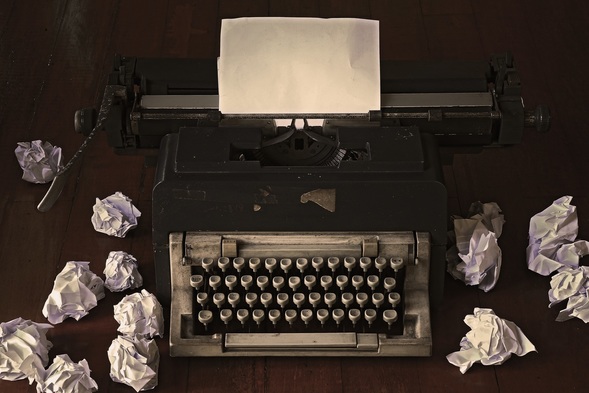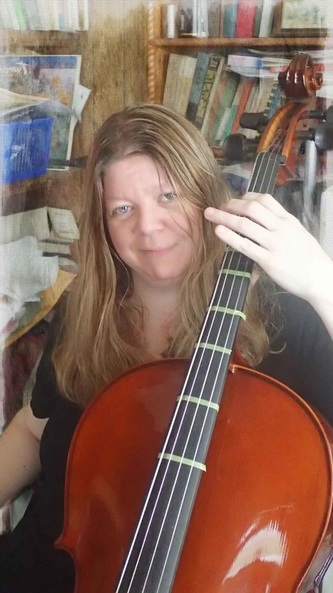|
As I got closer to finishing my novel, editing was always present in the back of my mind. But handing my story over was akin to giving my baby away to the care of a complete stranger—nerve wracking. After I finished writing Pinnacle Lust, I asked friends and family to read and comment on my work. Though it was hard for me to accept their input, I went back and reworked the manuscript. I wanted to believe that my manuscript was ready to be published but after learning about the publishing process, I clearly had to find an editor. After talking with several editors, obtaining samples, and working with my budget, I chose one—Sherry Wilson. Working on my novel with Sherry was an eye-opening journey. At times it was overwhelming and very demanding—Sherry brought me to a level that I never knew existed. While working with an editor is a story on its own, the insights from the editor are a stand-alone topic. I asked Sherry if she would share her views with us. Today I welcome Sherry as a guest on my blog. I hope you will find her insights interesting and helpful. How to identify a good editor? What are the key qualities an author should look for in an editor?
There are so many editors out there that it is difficult to decide what is best for sure. Credentials are always nice, but not necessarily indicative of how you will work with a particular editor. The best test is a sample. Ask for a free sample on your work or pay for a first chapter edit. Every writer is different and every editor has a different style of communication. You want someone who will treat your work with respect, but will be merciless with the red pen, pushing you to tell the best story you can. What are the different levels of editing? Editors define it in different ways. There is a developmental, substantive edit where the editor looks at the story as a whole and how it fits together as well as syntax, grammar and punctuation. Then there is a copyedit, which looks at grammar and syntax and how the sentences flow together within each paragraph. Then there is proofreading, which looks at sentence structure, spelling, grammar and punctuation. There are other services that many editors provide but they cross over into the realm of writing. You can get a ghost edit for your novel, where the editor does the regular, substantive edit, but also rewrites scenes or even extrapolates scenes from bits of summary. Or you can even have your book ghost written. The editor will take your book concept, develop an outline with you and write the book for you. A lot of professionals go this route, doctors and such, for a non-fiction book. But there are people who want to hold their idea in their hand in a finished novel but don’t have the time or maybe the skills to pull it off. Can an editor provide help with any genre, or is it important to specialize? That depends on the editor and his or her interests. I think you should be well read in a genre of the book you want to edit. It helps because you are more familiar with the market and the competition. So I do think it’s good to get an editor who loves to read books in the same genre you like to write. I will edit in almost any genre. I prefer to stay away from memoires as I don’t really like to read them. I don’t like to work on stories with intense violence, especially toward children, or stories with detailed rape scenes. And while I love a good mystery, I’m not familiar enough with the market to offer great advice. I can make the story work, but can’t offer the marketing advice that many writers want and need. How can you help make a book better? Well there are different kinds of editors and different levels of service that some may provide—from proofreading, to copy editing to more detailed, substantive line editing. It depends on what the book needs. But a good editor is a teacher and will bring out the strengths of the book and make it shine. He or she will look at how well the book works as a whole and help to strengthen it. In the process, the writer usually acquires some new skills which benefit future writings as well. Do you turn away work? I do turn away work. Sometimes a book is just not the right fit for me or I don’t feel I can contribute anything to the story. When this happens, I turn away work, yes. Do you prefer an author that is very involved in the process or one that is somewhat removed? This depends on the project. I want to make the author happy. So it varies. Some like to be involved and that is easier in a way. They see more of the editing throughout the process so you get a feel for whether you are giving them what they need or not. But having the freedom to just do the edit and make it shine is good too. Writers are generally great people and I enjoy working with them on any level. What’s your favorite part of the job? Wow, there are a lot of things about my job that I love. But what inspires me to keep going is when I have a student or a client who reads my edit and critique and has one of those eureka moments where something clicks and they just get it. The writing improves dramatically and it’s so much fun to watch someone go over that plateau and rise to the next level.
Nicholas
8/25/2015 09:53:09 am
Sherry provides some insightful answers. I really enjoyed the interview.
Reply
Leave a Reply. |
Archives
December 2020
AuthorMichelle Categories |


 RSS Feed
RSS Feed